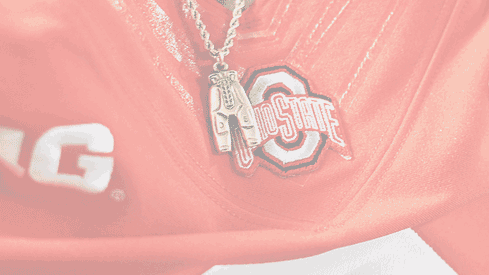
First of October, the Year of Our Lord Two Thousand Seventeen
Dearest Shelley,
Last night I confronted a singular dilemma, as I found myself, pistol in hand, standing over a man I once called a loyal subordinate and a true friend, but of late could only call my foe. I could not bring myself to kill Christopher Ash, prudence be damned. Looking into his eyes, the disappointment, resentment, and resignation were all palpable. Here was a man ready to die, and here was a man certain, even in the most ignominious of defeats, that he had done the right thing in turning away from the Army of Columbus and from me. I could not defeat this man, I could only kill him, and to kill him would be no less difficult a feat than to sever my own right hand from its wrist. Therefore, what could I do but release him back to his little domain, such as it is.
The campaign into the inner territory of New Jersey began not without some trouble. Fearful of the ever-daunting cannons of Fort Piscataway, we proceeded cautiously in the early goings, sending skirmishers to test the lines of the men of Rutgers. In this first stanza of battle we captured nothing but also suffered few losses. Soon Rutgers attempted an early counterattack, but it was for naught, for their charge broke upon our lines. Emboldened, we pressed our advantage, Captain Barrett leading the charge as always. The return of Sergeant Weber from his long convalescence was a great boon to the morale of the troops in the trenches, and he was instrumental in capturing Fort Piscataway and silencing the cannons that may otherwise have rained death upon us.
As we captured more and more of Rutgers’ territory and troops, we discovered firsthand the putrid conditions under which these men have lived and fought for years now. Scurvy and dysentery were commonplace, and the most common ration found in their packs was an inedible abomination called a “salt pie,” the crust apparently made from the ground meal of fishbones rather than grain. Morale had been low even before our arrival, and collapsed completely with the fall of the fortress and its cannons. Encircled and utterly beaten, General Ash led one final doomed charge against my own command post, but this, as with every assault he’d attempted, proved fruitless, and Ash himself was captured by Lieutenant Burrow and Sergeant McCall.
We have taken no spoils from New Jersey, for there was little to take. Having seen the devastation wrought before our arrival and only compounded afterward, I take little pleasure in this victory over an overmatched foe. Although I have spared General Ash, I fear he will not survive much longer. His defenses are weak, his soldiers are tired and dispirited, and there are many other armies who like wolves prey on the defenseless. I can only shudder to think what designs dishonorable poltroons such as General Harbaugh or General Franklin might have on this poor, sad little land by the sea. But there is nothing we can do for them, they would not accept our help were we even in such a position to offer it.
Now we must return to the homefront to prepare for come what may. We march without music—the silence of contemplation shall be our cadence. I think I saw Colonel Schiano, who spent many a year in this land, weeping after our victory. I can hardly blame him.
Yours,
General Urban Francis Meyer
